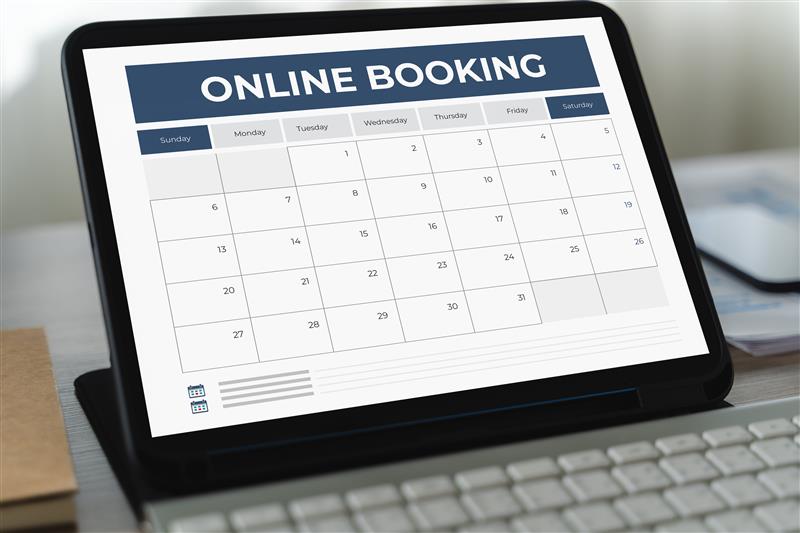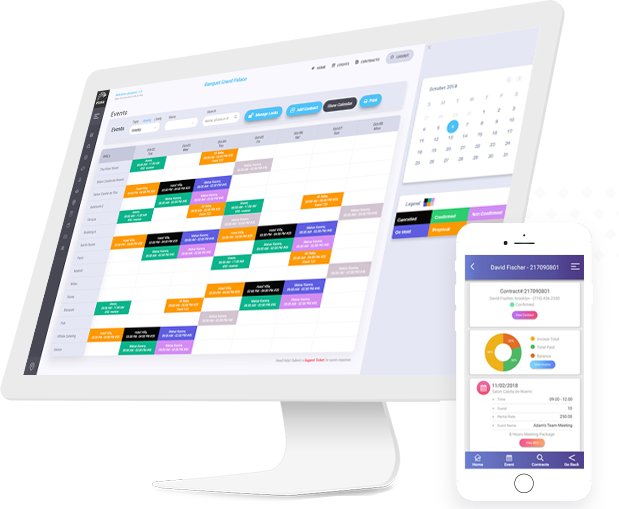LMS software is in high demand when compared to ever before, because as businesses, schools, and training teams are looking for smarter and more efficient ways to manage learning. Whether you're a company training employee or a startup transforming online education, the right development partner is key to your success.
But with so many LMS providers out there, how do you know the right fit for you? Well, you are here in the right place. Here we aim to walk you through the most important factors to consider and thereby help you choose a team that understands your vision and builds an LMS tailored to your needs.
1. Understand Your Business Requirements
It is important to understand what you need before you choose your LMS provider. Understand your use, will it be used for corporate training, education or customer learning. Think about the features that are essential for your organization, like gamification, analytics, mobile access, or the ability to integrate with other tools. Also, consider whether the system needs to handle a large number of users or if it needs to scale as your business grows. Understanding this will help you to bring down your options and thus find a provider who fits your business goals
2. Assess Experience and Expertise
While choosing an LMS software make sure to look for developers who been successful in creating LMS system for your industry. Start by reviewing their portfolio for past projects and understand how their works and expertise is like. Examine case studies and success stories from previous customers to see whether they are knowledgeable about the newest trends, such as microlearning and AI-driven personalisation, and whether they can develop a successful LMS for you
3. Evaluate Their Customization Capabilities
One of the biggest advantages of an LMS software is that it can be customised to fit your business's needs. Having a one-size-fit approach may not work well especially when each businesses have different training goals and requirements. Make sure to search for partners who can offer customization options such as personal branding, creating custom reports, using advanced analytics, or integrating with other tools like HR systems because it is important that your partner can adapt as well as grow with your business need.
4. Consider the User Experience (UX)
Having the right features is important for your LMS to be easy to use along with its functionality. Employees will be interacting on a regular basis with the system functionality, and thus it is important for your LMS to have a simple and intuitive design that will make it easy to access courses, training materials, and track progress. When choosing the partner, ask about their approach to user experience (UX) design and make sure that they have experience in building an easy to navigate LMS interface.
5. Assess Their Support and Maintenance Services
The process of choosing a right LMS development partner does not end with just the system going out live. Regular updates, troubleshooting, and ongoing support are essential for your LMS’s long-term success. Having a reliable partner who offers you with strong supportive services by which you can make sure that your platform stays functional and up-to date and thereby adapts to your business needs are also important. To ensure this ask them about the types of services they offer, maintenance that are included, and their scalability. As LMS is a long-term investment make sure your development partner can offer continuous support in order to keep it running smoothly.
6. Make sure of Scalability
It is important for your LMS to be updated with the needs of your business as it grows. A good LMS platform will be able to provide you with expansion by giving easy add on features and courses without starting from the starch. Make sure that your LMS partner can provide you with this and enquire about how they handle adding new features over the time. Having a scalable LMS will make sure that your platform remains useful and effective for your business requirements.
Building an effective, easy to use and a scalable system that works well is a big step in creating a Learning Management System for your business. Be it a software for you to train employees, or a system that has the capability to expand with your business, it is important to choose a flexible and well experienced team. By understanding your business and its needs, focus on a design that is user friendly, and consider options such as user friendliness, scalability and maintenance support. If you are in connection with the right LMS partner, then it can be helpful for your business as it can provide a strong training and support for ongoing learning process.









.jpg )







Leave a comment